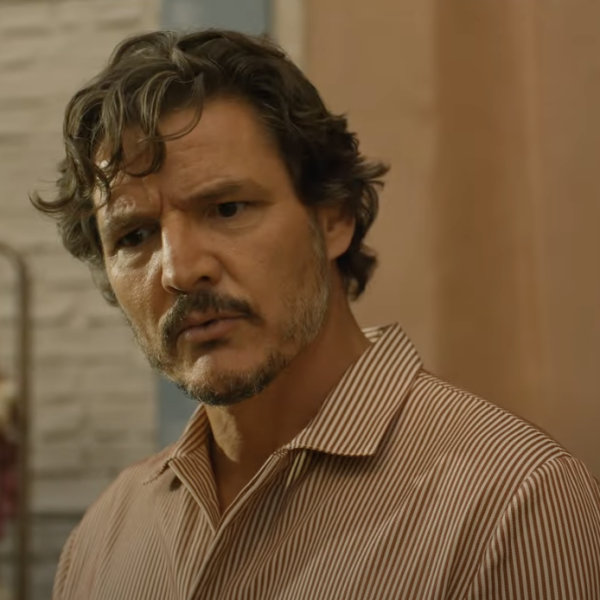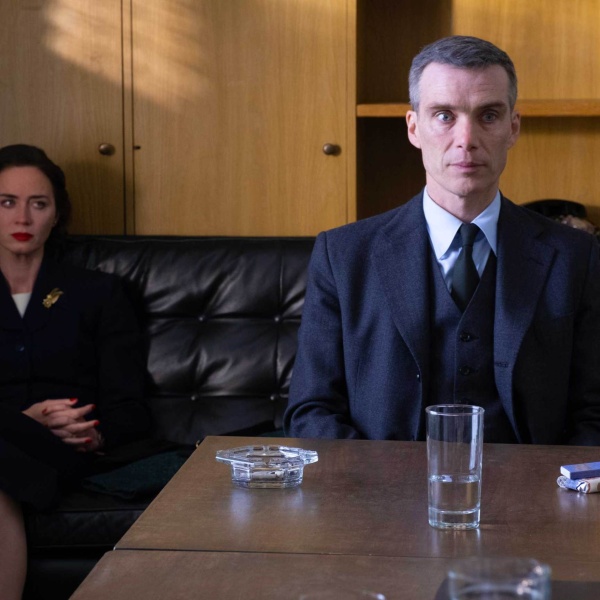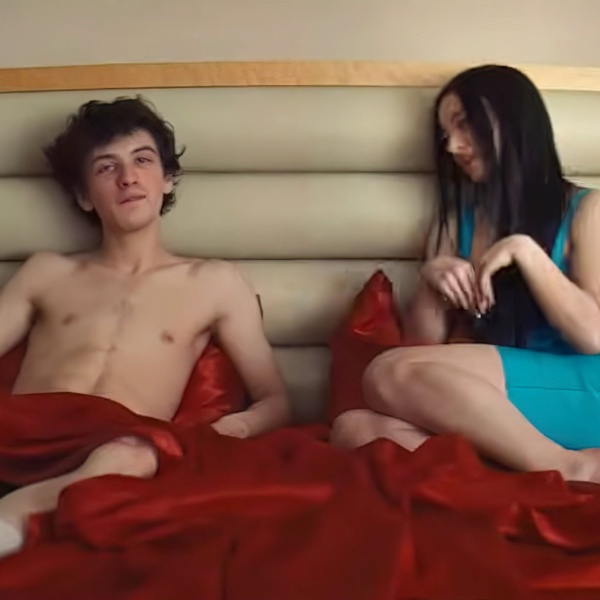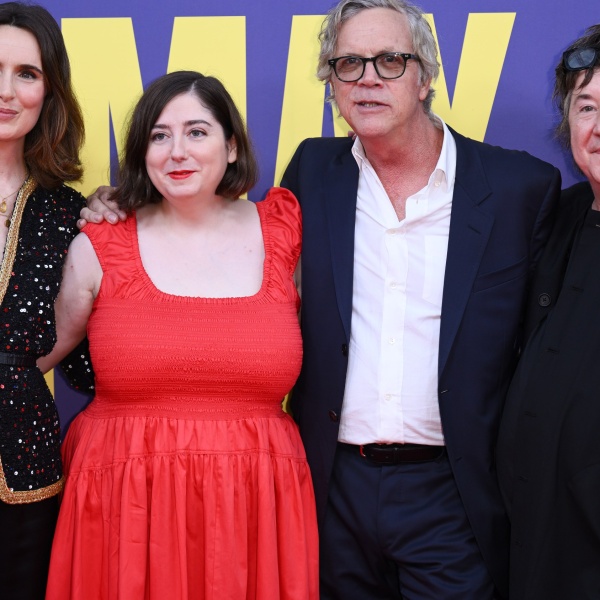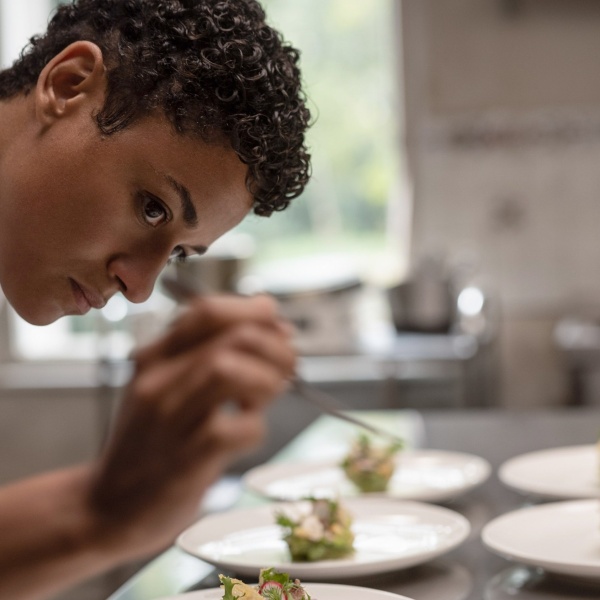For the director who gave cinema the ultimate car chase in “The French Connection,” William Friedkin was remarkably at ease with films set in a single room, bringing several plays to the screen over the course of his career. The director — who died August 7 at age 87 — will have his final film screened out of competition in the Venice Film Festival next month, fittingly an adaptation of Herman Wouk’s play “The Caine Mutiny Court-Martial.”
Friedkin made his name (and won an Oscar) for “The French Connection,” followed immediately by the instantly iconic “The Exorcist,” but he never lost an abiding interest in live performance, even directing operas off and on for the last 25 years.
In fact, Friedkin was so taken with the 2004 Off-Broadway premiere of Tracy Letts’ play “Bug” that he phoned Letts directly to say he’d like to adapt it into a film — with star Michael Shannon. In one fell swoop, Friedkin launched a partnership with Letts that saw the director also bringing “Killer Joe” to screens, revived his feature film career with a soon-to-be cult classic, and gave Shannon’s intense performance an on-screen showcase that led directly to his film career.
“Bug” remains a creepy-crawly classic of paranoia, as recluse Agnes (Ashley Judd) falls under the spell of fellow motel dweller and Gulf War vet Peter (Shannon), whose compelling conspiracy theories lead to an unforgettable climax (and, if released a decade later, an instantly memeable one).
That interest in Shannon speaks to something that isn’t discussed often enough regarding Friedkin’s career: his facility with actors. His next Letts adaptation put that skill on full display, finding its cast — Matthew McConaughey, Gina Gershon, Emile Hirsch, Juno Temple, and Thomas Haden Church — delivering the kind of performances you never expected to see from them.
If the violent, lurid, and nudity-filled “Killer Joe” has fared less well since its 2011 premiere, it remains a darkly funny adaptation of Letts’ defiantly vulgar story to screens as hit man Joe (McConaughey) presides over a spectacularly inept attempt to cash in on a life insurance policy. Friedkin didn’t shy away from Letts’ early-career propensity for viciousness (the film landed an NC-17 rating), but the performances spectacularly nail the black comedy at the story’s core. Friedkin was also smart enough to retain the claustrophobia of the play’s trailer setting while finding ways to open up the story, including one memorable shot outside a barbecue restaurant.

Likewise, Friedkin’s financially unsuccessful (but satisfying) 1970 adaptation of Mart Crowley’s off-Broadway sensation “The Boys in the Band” brought the play into the real world for a handful of important moments, including the opening montage (featuring NYC gay bar Julius) and a lengthy credits scene in which ‘70s hunks are revealed in all their cruising glory a decade before Friedkin’s controversial “Cruising.”
And, as he did with Shannon, Friedkin guided the original off-Broadway cast to recreate their performances, which had an authenticity and grit that Ryan Murphy’s glossier Netflix remake can’t quite match. Friedkin’s cold eye for violence in many ways was perfectly suited for the emotional damage the gay men of “The Boys in the Band” insist on inflicting upon one another over the course of a dinner party from hell.

That incisiveness was on display two years earlier in Friedkin’s “The Birthday Party,” which playwright Harold Pinter adapted from his own script and which prompted the producers to give Friedkin the “Boys in the Band” directing assignment. Friedkin actively pursued making the film, drumming up financing on his own to make Pinter’s typically inscrutable “comedy of menace,” in which a man’s birthday party (if it’s even his birthday) is overtaken by two strangers who slowly torment him into insanity. The film was a financial failure, but Friedkin referred to it as one of which he remained proud (even if “Sorcerer” and “Jade” were routinely cited as his favorite films).
There was also “12 Angry Men” starring Jack Lemmon for Showtime and, in one of the oddest entries of Friedkin’s career (and one that began with the Sonny and Cher film “Good Times” is already plenty odd), a 40-minute HBO documentary featuring Friedkin interviewing Barbra Streisand about her latest release, “The Broadway Album,” along with behind-the-scenes footage of its recording.
Now cinephiles have one last Friedkin film to look forward to with “The Caine Mutiny Court-Martial” and considering what came before, we’re likely to see performances from stars Kiefer Sutherland and Jason Clarke we haven’t yet seen, a fitting final curtain for the filmmaker.

